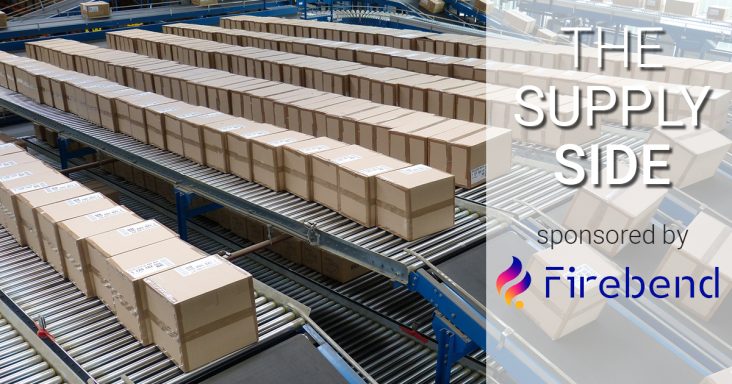Survey: Supply chain managers push for better systems, inventory control
by October 16, 2023 11:51 am 759 views

The overwhelming majority of supply chain managers said they faced challenges in the past year, and most of them took steps to improve operations, according to a new survey from McKinsey & Company.
The report found that 95% of supply chain leaders surveyed said they faced footprint challenges during 2022, and 100% reported that they took actions to make their supply chains more flexible, agile and resilient. This figure is a 3% increase from the survey conducted last year.
To provide increased flexibility and proximity to the final market, 66% of supply chain leaders said their companies brought suppliers closer to their main markets, a 34% increase from 2022, driven mostly by the automotive and consumer industries. Also, 42% of companies said they made moves to nearshore production, a 25% increase year-over-year. A similar number of 44% of the respondents said their companies increased backup production sites in the past year, up from 22% in 2022.
While 50% of supply chain leaders said their supply chains are dependent on another region, 64% said their organizations took steps to regionalize supply chains in the past year. Also, 89% indicated plans to redesign their networks to reduce dependency on other regions with a focus on Western Europe and Southeast Asia.
Harry Moser, director of the Reshoring Initiative, said more companies are looking at Mexico and Central America as viable options for component parts. The regions have taken business from China with lower wages paid and closer proximity to the U.S.
McKinsey found 68% of the survey respondents said they plan to optimize inventory levels in the coming three years. However, supply chain leaders are unsure how inventory management strategies will evolve. In the next three years, 22% of organizations plan to increase inventory, 29% of organizations plan to revert back to lower inventory levels, 24% of organizations plan to keep inventory constant, and 26% plan to reduce inventory below pre-pandemic levels.
Arnold Kamler, owner and CEO of Kent Bicycles, said while most of his production is in China, the one U.S. facility is sourcing as much product as possible close to home. He said if more component parts were readily available in the U.S. he would onshore more of his business. Kamler said his company is trying to reduce its inventory that built up last year when the demand for bikes tanked.
“Holding excess inventory cuts off cash flow that could otherwise be used for future investments in the business,” Kamler said.
McKinsey reports that companies are showing a willingness to invest more in technology to make their supply chains less vulnerable to geopolitical shock. One major problem the majority of respondents said they struggle to overcome is a talent deficiency that has worsened in the past year. According to McKinsey, 92% of the supply chain leaders report insufficient talent to operate digitally enabled aspects of their business.
McKinsey said digital investments and talent must go hand in hand. While a strong digitization trend continues for 71% of supply chain leaders, talent is only slowly catching up. In the 2022 survey, 1% of companies stated that they had sufficient in-house digital talent. That number increased to 8% this year.
McKinsey’s survey reveals that information technology implementation is an ongoing process for many companies. More than two-thirds (68%) of supply chain leaders expect risk to remain a board-level topic, but 63% of organizations have none or only minimal transparency into their tier-one suppliers. Also, 67% of supply chain leaders planned to improve supply chain transparency between 2022 and 2025, yet only 30% completed implementation in the last 12 months.
Editor’s note: The Supply Side section of Talk Business & Politics focuses on the companies, organizations, issues and individuals engaged in providing products and services to retailers. The Supply Side is managed by Talk Business & Politics and sponsored by Firebend.
